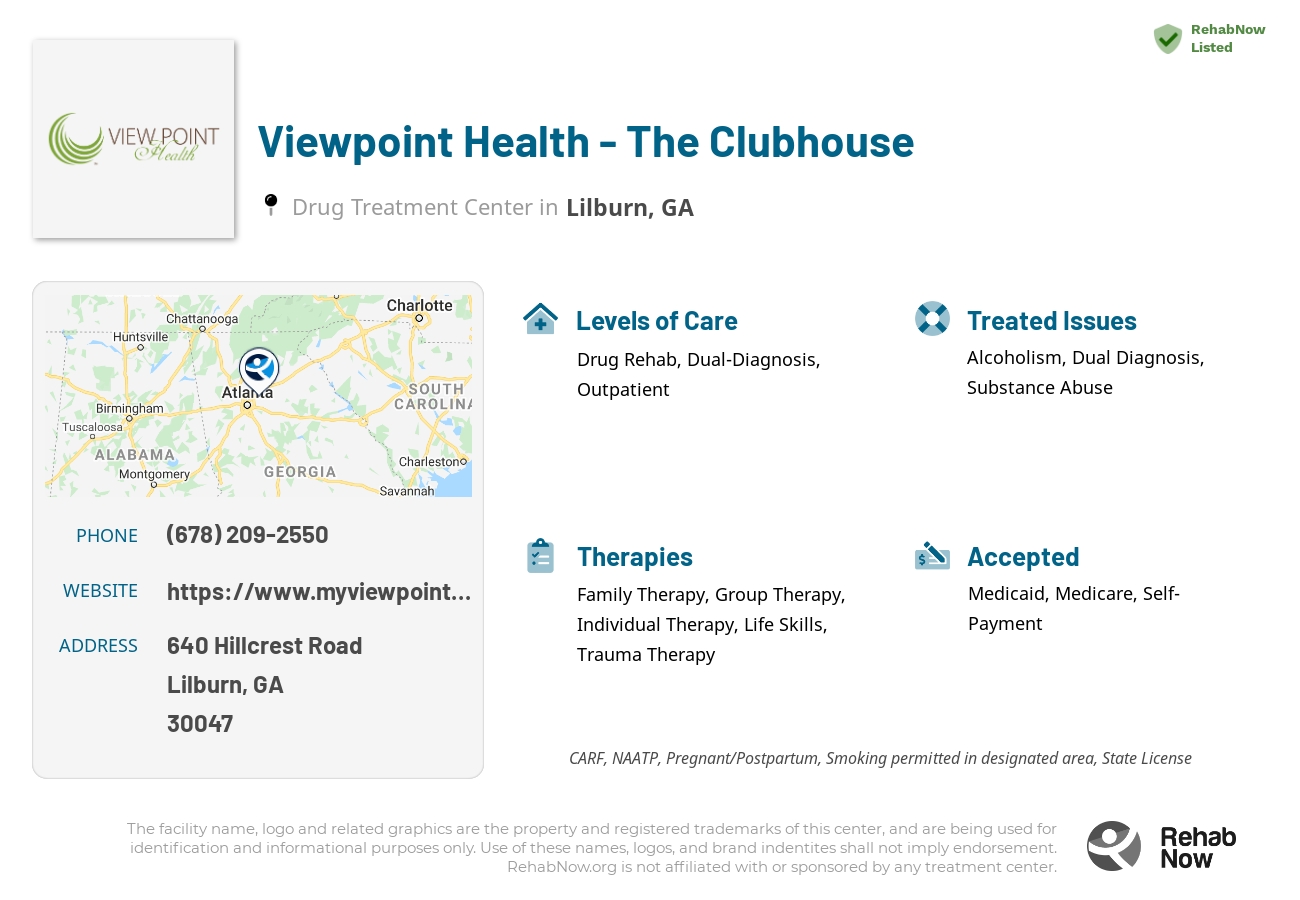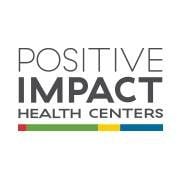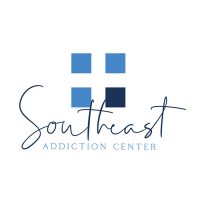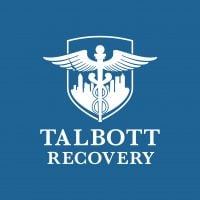Viewpoint Health - The Clubhouse
Drug Rehab Center in Lilburn, Georgia
The Clubhouse at Viewpoint Health is an addiction treatment facility in Lilburn, GA that offers comprehensive drug rehab services including intensive outpatient therapy, aftercare support, and specialized care for co-occurring illnesses, with individualized treatment options and CARF accreditation, and accepts most private health insurance plans.
About Viewpoint Health - The Clubhouse in Georgia
Viewpoint Health - The Clubhouse, located in Lilburn, GA, is a community-based recovery support center focused on helping youth overcome challenges with drugs and alcohol. Its unique approach includes the use of The Seven Challenges Program, aiming to empower young individuals to make informed decisions regarding substance use. Accredited and professional, this facility stands out for its comprehensive, family-centered programs.
Viewpoint Health - The Clubhouse is recognized for its commitment to quality, evidenced by its CARF certification. It offers a range of treatment options from residential to outpatient services, all based on evidence-based therapeutic methods. This blend of accreditation and personalized care ensures a supportive environment for recovery.
- Utilizes The Seven Challenges Program to support informed decision-making in youth.
- Offers a spectrum of care levels, including inpatient, outpatient, and aftercare support.
- Accredited by CARF, emphasizing its dedication to quality and professional standards in recovery services.
Specifically targeting drug and alcohol addictions, The Clubhouse provides a variety of treatment methods such as Cognitive Behavioral Therapy (CBT) and Dialectical Behavioral Therapy (DBT). These evidence-based approaches are part of the comprehensive support and care offered at all levels, from initial treatment to ongoing recovery support.
Genders
Ages
Modality
Additional
Accreditations

CARF
The Commission on Accreditation of Rehabilitation Facilities (CARF) is a non-profit organization that specifically accredits rehab organizations. Founded in 1966, CARF's, mission is to help service providers like rehab facilities maintain high standards of care.
Conditions and Issues Treated
It’s not easy getting sober on one’s own, or even going to rehab and escaping the grasp of addiction by oneself. Substance abuse treatment gives addicts a place to stay sober while learning what it takes to quit for good. They will learn from others about what works and what doesn’t work with remaining drug-free.
Treatment centers such as Viewpoint Health - The Clubhouse focus on the needs of individual addicts to heal them. There is a combination of physical and mental therapies that treat the root cause of the addiction, whether it be family problems, stress, or past traumatic events.
The final benefit of substance abuse treatment is introducing new people who can help in your recovery after you leave Viewpoint Health - The Clubhouse. Through group therapy sessions with other addicts and attending support meetings once a day, a person will learn how to interact with others and cope with cravings. This is a chance for you to rebuild your social circle healthily after you leave treatment.
Opioid addiction starts when a person becomes addicted to legal or illegal opioids. The addiction can happen quickly, in just a matter of days. Opioid withdrawal can be extremely uncomfortable and lead the user to continue to use even if they want to quit. Stopping using an opioid requires medical observation. Sometimes inpatient treatment with a medically supervised detox is necessary for managing the withdrawal process while learning lasting tools for maintaining recovery. Medications may be used in some cases of opioid addiction.
Opioid addiction is one of Georgia‘s most prominent forms of addiction. It’s treated by detoxifying the body so that the chemicals from the medications no longer impact them and by therapies to correct behavior and target the root of the problem.
Recovery is not simply about stopping drug use. Recovery is working with addiction while recovering mental health issues that are fueling the addiction in the first place.
Levels of Care Offered
This center offers a variety of custom treatment tailored to individual recovery. Currently available are Aftercare Support, Drug Rehab, Dual-Diagnosis, Outpatient, with additional therapies available as listed below.
Outpatient treatment is considered the lower intensity level of addiction treatment. It’s ideal for early phase addiction or lower intensity addictions. It may include weekly sessions instead of daily. It may include weekly sessions instead of daily. Peer group support, 12-step programs, and individual counseling may still be involved but at a lesser frequency than an intensive outpatient program. It is a good choice for someone who doesn’t need to go through a medically supervised detox and who has a supportive home environment. It requires motivation and dedication to commit to the program without constant monitoring.
Aftercare support should take place after outpatient treatment has ended. There are a few different types of aftercare support that patients can seek. These include 12 Step, Self-help groups (AA, NA), Therapeutic communities, Long-term, structured sober living arrangements, and Halfway houses (residential treatment centers).
Therapies & Programs
Individual therapy involves one-on-one sessions between the patient and therapist. It provides patients with a safe environment to openly discuss personal and sensitive issues with the therapist. They find the therapist as someone they can trust. Individual therapy aims to identify the core issues that would have led the patient to substance abuse and address them effectively. The therapist can develop patient-specific customized solutions through individual therapy, which aids speedier recovery.
Family therapy is a group problem-solving that aims to improve communication and relationships between the addict, their family, and sometimes friends. The main goal of family therapy for drug addiction is to create an environment where communication can occur without judgment, hostility, or blame. The therapist is with the family as they learn to communicate differently, especially with the addict when s/he is using. The family can learn to reduce their enabling behavior or rally together and support each other during tough times.
An addict’s family can play a vital part in helping them to avoid relapse because they can spot the warning signs and help them get back on track before it becomes too much of a problem. Family therapy is one of the most effective ways to help addicts stay on the path to long-term sobriety. When a drug addict decides that they want to try and get sober, it takes the support of every person they love to succeed. It can be incredibly difficult for loved ones to watch an addict go through the pain and suffering of withdrawal, but by being there with them and supporting them, they can help to make sure that the addiction never returns.
Groups typically involve meetings with other recovering addicts who can relate to one another’s experiences. They might meet in person or online and typically focus on the process of staying sober rather than overcoming a specific addiction.
In these groups managed by Viewpoint Health - The Clubhouse, addicts can build a sense of community and develop strong emotional connections with others who understand what they are going through. These beneficial relationships can help addicts overcome their cravings and prevent relapse at any point during the recovery process.
In general, trauma therapy is a clinical process that helps individuals deal with mental stress often caused by traumatic events. The therapist helps the person identify, understand, and work through the problem. This is done with the help of talking about it in group or one-on-one counseling sessions. Therapists use relaxation, role-playing, art, and music to help the person open up about what is bothering them.
There are many different types of trauma therapists, such as psychiatric nurses and counselors. Not everyone is a good candidate for this type of therapy; it is generally reserved for people who have recently experienced a traumatic event and struggle to get over it. It is often done for children, teenage victims of sexual assault, and war veterans.
Dialectical Behavior Therapy (DBT) is a type of therapy created in the late 1980s and early 1990s to help people with high rates of suicidal behavior. DBT helps people learn how to live a life that is no longer controlled by overwhelming emotions and urges. It is beneficial in treating drug addiction because it helps patients understand and cope with their cravings for drugs or alcohol rather than turning to those substances as a way of coping.
There is hope for people who are addicted to drugs and alcohol. Cognitive Behavioral Therapy (CBT) is the solution. CBT focuses on the underlying thoughts and behaviors that caused the addiction problem in the first place and may cause a relapse. This type of psychotherapy addresses negative feelings common in substance abuse disorders. It helps to change them by restructuring thought patterns. It’s about removing negative thoughts and providing long-term benefits while promoting self-awareness, self-control, and healthy ways to respond to negative thoughts. These sessions can be done by themselves or as part of combination therapy.
Eye Movement Desensitization and Reprocessing (EMDR) is a treatment method that can help reduce the impact of traumatic memories on emotions. It does this by having patients follow a bar of light or watch their therapist’s finger move back and forth, which mimics the eye movements of REM sleep.
This allows the brain to reprocess the memories, reducing their impact. EMDR therapy is different from traditional therapies in that it addresses the root cause of substance abuse in many patients. This is done by combining EMDR therapy with behavioral therapies. This treatment option offered by Viewpoint Health - The Clubhouse can help patients who turn to drugs to escape painful memories.
Since addiction is a chronic physical and mental illness, addicts need to learn as many life skills as possible. Many drug treatment centers offer life skills activities as part of their addiction recovery programs. Examples include cooking classes, employment training, resume writing seminars, parenting classes, and computer training. Life skills activities help addicts find employment, take care of their families, and give back to the community.
Taking part in a 12-step program allows people to accept their addiction on their own terms. It divides the process into 12 steps and provides Viewpoint Health - The Clubhouse [fields type=’wpwc pagename’] self-help without feeling rushed. <br>
Adherents to Alcoholics Anonymous follow “The Big Book,” which contains sobriety guidelines and offers support from peers who have faced similar challenges. Many drug users seek help from Narcotics Anonymous or Pills Anonymous.
Both NA and AA have 12 steps. They cover topics like admitting a problem, controlling the addiction, listening without judgment, making amends, and more.
Contingency Management (CM) is an approach to addiction treatment that applies behavioral psychology to achieve abstinence or improved health outcomes. Contingency Management is intended as a supplement to counseling and other addiction treatment modalities to help patients remain engaged in the process of care.
CM is based on the observation that recovering addicts are more likely to remain abstinent and improve their health outcomes when rewarded for not using drugs or engaging in other rewarding activities.
CM is effective for treating opioid, alcohol, and nicotine dependence.
Payment Options Accepted
For specific insurance or payment methods please contact us.
Is your insurance accepted?
Ask an expert, call (888) 674-0062
Additional Details
Specifics, location, and helpful extra information.
Lilburn, Georgia 30047 Phone Number(678) 209-2550 Meta DetailsUpdated April 15, 2024
Staff Verified
Viewpoint Health - The Clubhouse Patient Reviews
There are no reviews yet. Be the first one to write one.
Lilburn, Georgia Addiction Information
Prescription opioid use has caused a large increase in the total amount of overdoses in Georgia. Almost 12% of the Georgia population uses illicit drugs each year, and slightly over 3.5% also abuses alcohol at the same time. This does not include those who binge-drink at least once a month, which includes 20% of all Georgians.
Treatment in Nearby Cities
- Alpharetta, GA (14.8 mi.)
- East Point, GA (22.6 mi.)
- Lyons, GA (157.9 mi.)
- Elberton, GA (74.9 mi.)
- Sparta, GA (80.1 mi.)
Centers near Viewpoint Health - The Clubhouse
The facility name, logo and brand are the property and registered trademarks of Viewpoint Health - The Clubhouse, and are being used for identification and informational purposes only. Use of these names, logos and brands shall not imply endorsement. RehabNow.org is not affiliated with or sponsored by Viewpoint Health - The Clubhouse.








